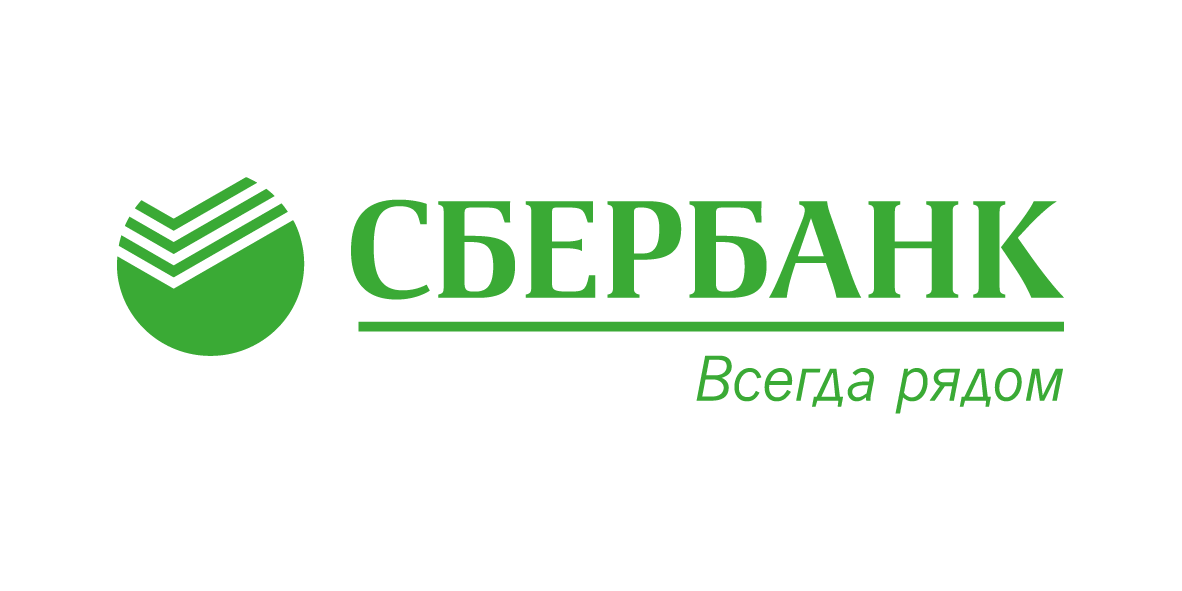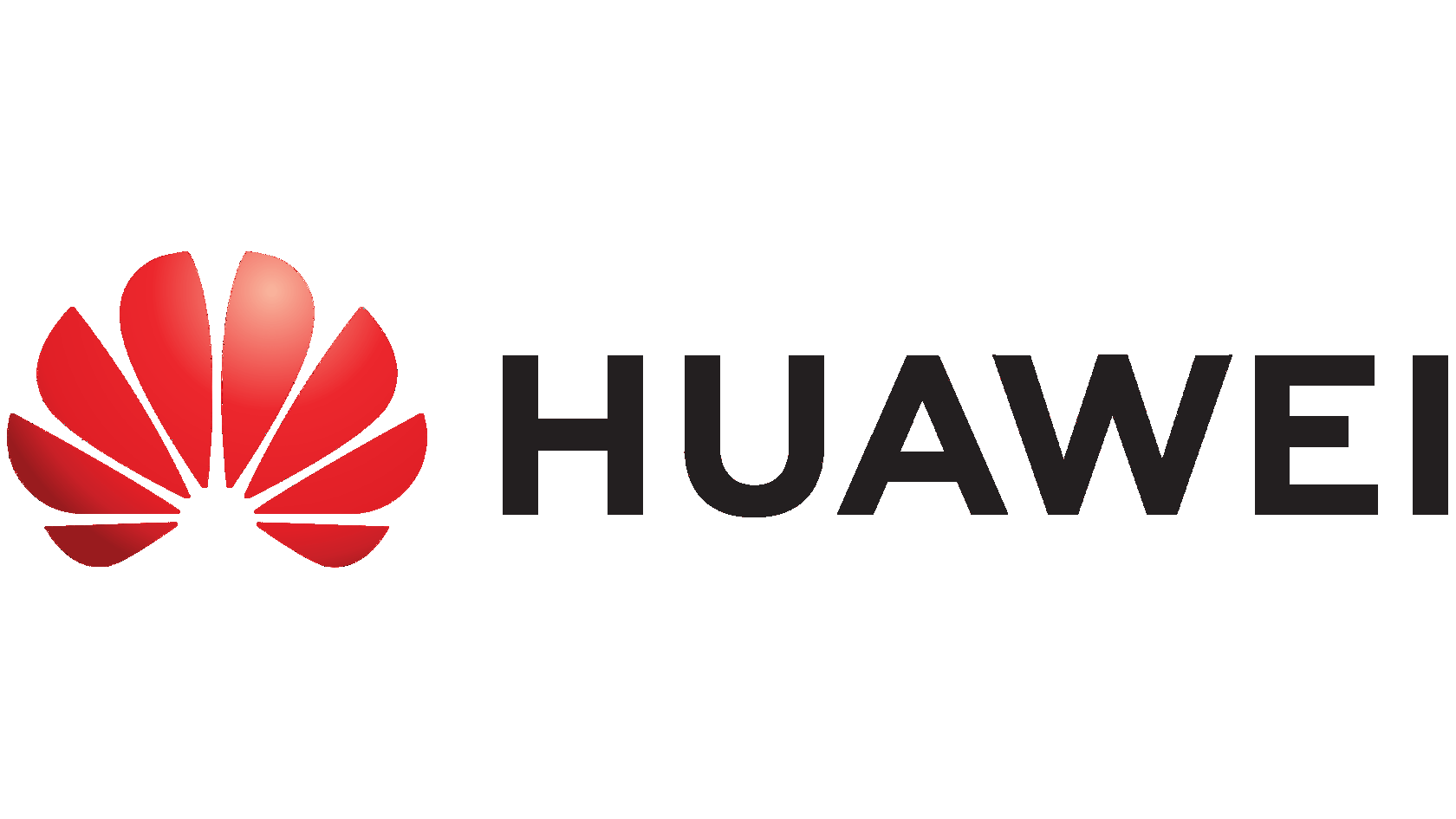Finding a job in 2021: What's new?
Over the past few months the labour market has changed and is unlikely to be what it used to. You can see the new format of the selection process stages below. To learn more about selecting your prospective employer and communicating with them, read here.


Some of the recruitment stages have gone online. The pandemic has changed the world. As recently as at the beginning of the year, 80 % of recruitment activities were offline and the office was a meeting place between a recruited and an applicant. Now most processes have gone digital.


Interview
Test
Assessment
CV and cover letter screening
CV and cover letter screening
Telephone
interview
interview
Telephone
interview
interview
Video interview
Online test
Online assessment
Now
Before
As you can see, global changes have only affected the format, but the stages themselves remain the same. Now recruitment managers use video interviews (and these are not a dialogue with a recruiter) more often, while the stages that used to have a tête-à-tête format switched to digital. To be safe in any situation, read more and check out all the ins and outs.
Insights from
employers
employers
We asked some amazing companies – Sberbank, Huawei, Raiffaisen Bank and X5 Retail Group – to share what actually happens during the interviews and give advice on how to land your dream job.
Watch a recorded webinar
Watch a recorded webinar
Watch a recorded webinar
Watch a recorded webinar
8 Resume Mistakes
Good news: your resume is likely to be reviewed. Bad news: you should make an effort so you don't hear the classic "We will call you back" in the end. Below you will see some of the most common mistakes applicants make on their resumes, click here to learn more about some technical issues.
8 Resume Mistakes
Good news: your resume is likely to be reviewed. Bad news: you should make an effort so you don't hear the classic "We will call you back" in the end. Below you will see some of the most common mistakes applicants make on their resumes, click here to learn more about some technical issues.
5 steps towards
a convincing motivation letter
a convincing motivation letter
A motivation letter is a preview to your resume. So your objective is to get the recruiter interested without any extra spoilers and to show them that you are an interesting person worth talking to.
Structure and remember what you are writing the letter for
Personalize
Be attentive
Add facts
Be brief
Divide the text into paragraphs so that it should be easier to read it. To describe how you differ from other candidates, talk about your experience, even if it is still limited to the practical training at the university.
Convince the hiring manager that you are interested in working at that company, and are not monotonously sending your resume for every position you see on the internet. Don't use one common template for responses: an experienced recruiter can tell right away that the text was copied.
If below the job opening there is a note in small print such as "Send in Word"
or "Specify your surname in the subject line", it's better to follow the recommendation: this is the way the employer checks how attentive you are. And make sure to read the letter before sending: there should be no mistakes or typos.
or "Specify your surname in the subject line", it's better to follow the recommendation: this is the way the employer checks how attentive you are. And make sure to read the letter before sending: there should be no mistakes or typos.
The power of a motivation letter is in facts. For example, if you have implemented two important initiatives at Skoltech and successfully motivated your groupmates to attend lectures early in the morning on Saturdays, that's definitely something to highlight:)
Too many decorative words can prevent the recruiter from seeing real achievements. Write briefly,clearly and to the point.





How to
prepare for a video interview
prepare for a video interview
A video interview is a video recorded without participation of the recruiter. The system asks you some questions (approximately 7–10) with limited time to answer (let's say, under 3 minutes). The top companies which are already using this format include Beeline, CROC, L'Oreal, Sberbank. Questions are likely to be related to motivation, skills and experience.
Here are some example questions:

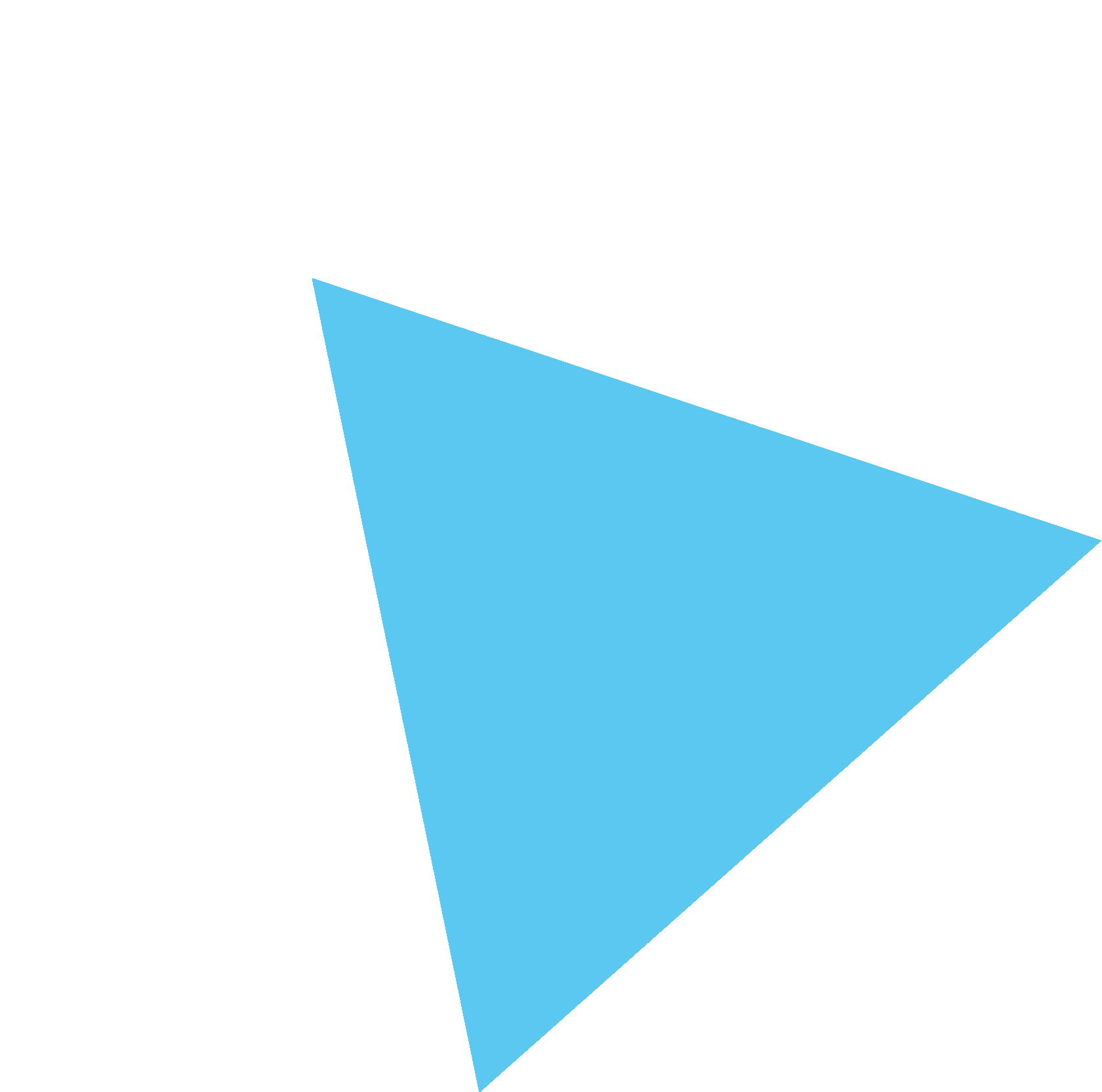
– What can you say about yourself?
– What challenges have you faced at the previous job?
– What achievements are your proud of?
– What is your biggest mistake?
– What challenges have you faced at the previous job?
– What achievements are your proud of?
– What is your biggest mistake?
– Why have you chosen our company?
– Do you consider yourself to be a team player?
– What should a leader be like?
– Do you consider yourself to be a team player?
– What should a leader be like?
Here are some video interview tips that can help you interview effectively and overcome a fear of the camera.
Job Application Tests
You May Face
You May Face
This round is popular among the top employers in all areas — from retail (X5 Retail Group) and FMCG (P&G, Unilever) to consulting (Deloitte, CROC) and banking (VTB, Raiffeisenbank). At Sibur, due to a large number of candidates, the testing takes place before the interview. At other companies you will take the test on the day of the job interview. At that stage, the recruiter will check your analytical abilities, logical thinking, and problem-solving.
So, let's go through the most common tests. Click the link to read about the assignments you might get and how to prepare for them.
So, let's go through the most common tests. Click the link to read about the assignments you might get and how to prepare for them.
These are the most common types of tests. They assess your abilities, the time you need to find a solution, and some other indicators. Their main feature? The candidates themselves decide how much time to spend on each question. This will give a clue if the candidate is able to quickly find the right solutions instead of dwelling on unclear tasks.
More than 70% of Russian companies use popular tests by Talent Q. Like the SHL tests, they are based on interpreting texts, figures, data, and statistics and include different assignment types. The main feature of the tests is their adaptability. If the candidate nails the question, the next task will be more complex, and vice versa.
Saville Assessment aptitude tests (formerly known as Saville Consulting) are very similar to SHL, but they are used less frequently than the popular alternative. These tests are known for undergoing in-depth studies before they are published and comprising personality questionnaires most often. The test creators offer individual versions for top managers and support staff.
Russian tests by Ontarget are almost identical to their western counterparts. They test the ability to analyze numerical and verbal data as well as abstract symbols. According to the developers, the test uses only real operating tasks and can show if the candidate is a match for the particular job in 20 minutes.
This is another domestic test by Human Technologies Laboratory that has become popular among Russian employers. Structurally, the HT tests are very much like the tests by western companies: many questions, little time, confusing wording. But the distinct advantage of the HT tests is that they include a few additional sections: vocabulary, non-verbal logic, and general knowledge.
The Problem Solving Test is the most unpredictable among all types of testing. Unlike all other tests, the PST and its analogues are more like a case-study interview with answer options. The test checks the applicant's skills in business-problem solving and assesses the ability to think logically. The PST quite often involves a lot of calculation tasks, however it's more important for a candidate to show the skill of processing information and drawing the correct conclusions.
«Good job! Come in for an assessment!»
So, you've made it to the assessment; this means you have proved yourself better than the majority of candidates. Assessment is akin to performing in front of a jury: observers are closely watching how the applicants act and fulfil their tasks and give them scores. Sounds nerve-breaking, but still, it is within your grasp to come prepared.
First of all, figure out whether you will be assessed individually or as part of a group.
Here are the key competencies sought after at any assessment:
First of all, figure out whether you will be assessed individually or as part of a group.
Here are the key competencies sought after at any assessment:
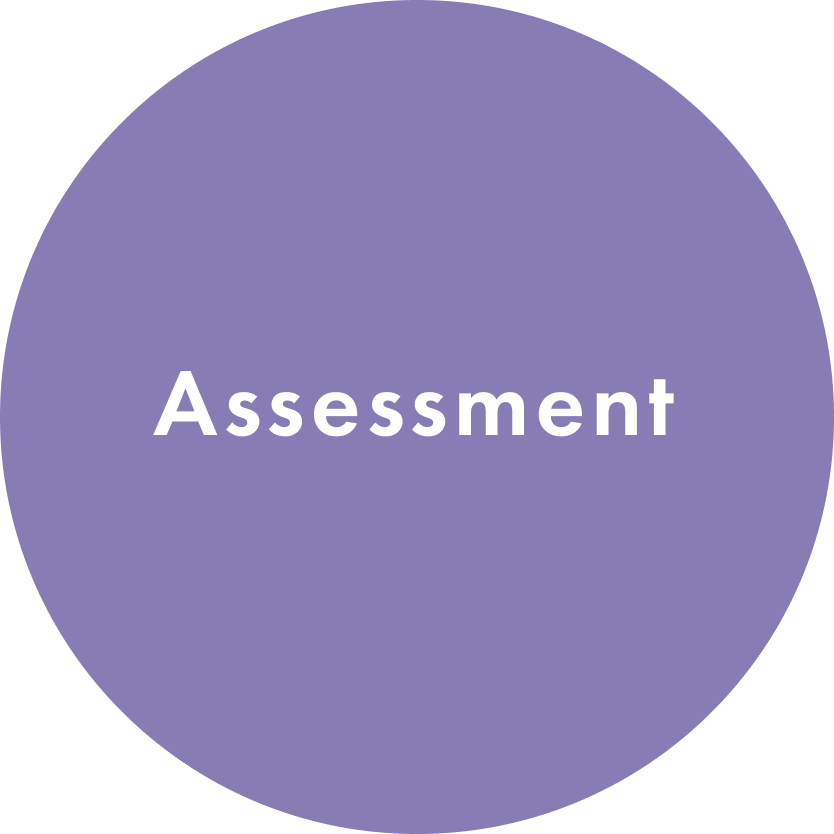
Leadership is the skill of managing and motivating
a team.
a team.
Communication is the ability to communicate constructively and positively.
Teamwork is the skill of cooperating with everyone, even the strangers you have to work with hand in hand.
Business-orientation is your aspiration to bring value and to tackle tasks, while being driven by corporate values
Problem-solving is the ability to address
the unexpected and to handle challenges.
the unexpected and to handle challenges.
Outcome-focused approach is the skill of focusing on the goal rather than the route.
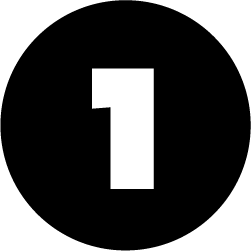


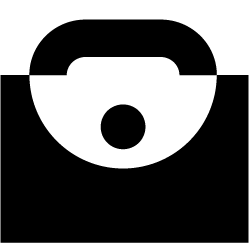
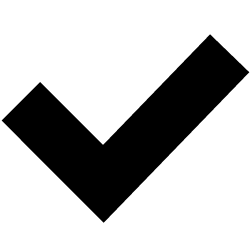

Interview:
how to win the game?
how to win the game?
The interview is a key selection round: you are going to present yourself before the recruiter, the managers, and the company. There are five interview formats.
See below what you should expect from each of them.
See below what you should expect from each of them.
Telephone interview
Case-study interview
Stress interview
In-person interview
A call from the HR manager is your first real interaction with the company. During the telephone interview, the recruiter will check whether you meet the job requirements: be ready to go through your resume and briefly describe your experience.
A case-study interview is your chance to show your professional expertise and soft skills. You will have to find a way out of a real business problem. There are no correct answers: your task is to analyse the scenario and come up with the best possible solution.
A stress interview creates an awkward environment to check how you handle unusual situations and whether you are able to keep your cool. Spoiler: the point is to stay calm and to watch your temper.
This is where you'll have to answer more detailed questions: for instance, how you resolve conflicts at work or which subjects were your favourite at Skoltech. If you are applying for an IT-Department job, introduce the key hard skills you have (such as your understanding of software development principles) and share your professional interests — for example, you are also familiar with game development or cloud computing.

Students
lifehacks
lifehacks
- Anton BozhedarovInformation Science And Technology 2020If you consider working for a small startup company, look for the recruiter's email address and don't hesitate to send your CV directly without applying via LinkedIn. Before an interview, refresh your memory of your key projects in case you're asked to tell more about things you did five years ago and you have too little time to call all the details to mind.
- Arzu KurganAdvanced Manufacturing 2020Go ahead and research the employer you are going to work for. Learn about the prospects for the business and for yourself as its potential combat unit. Get an idea of the company mission and values and make sure they match yours.
- Anya KotsovaPetroleum Engineering 2020Review the pre-employment tests you will have to do in advance and practice them to get used to the format. At some point the employer will send you dozens of questions to test your logic and thinking ability within a limited time, and you will be ready for that!

Skoltech Career Center:
career@skoltech.ru
career@skoltech.ru


